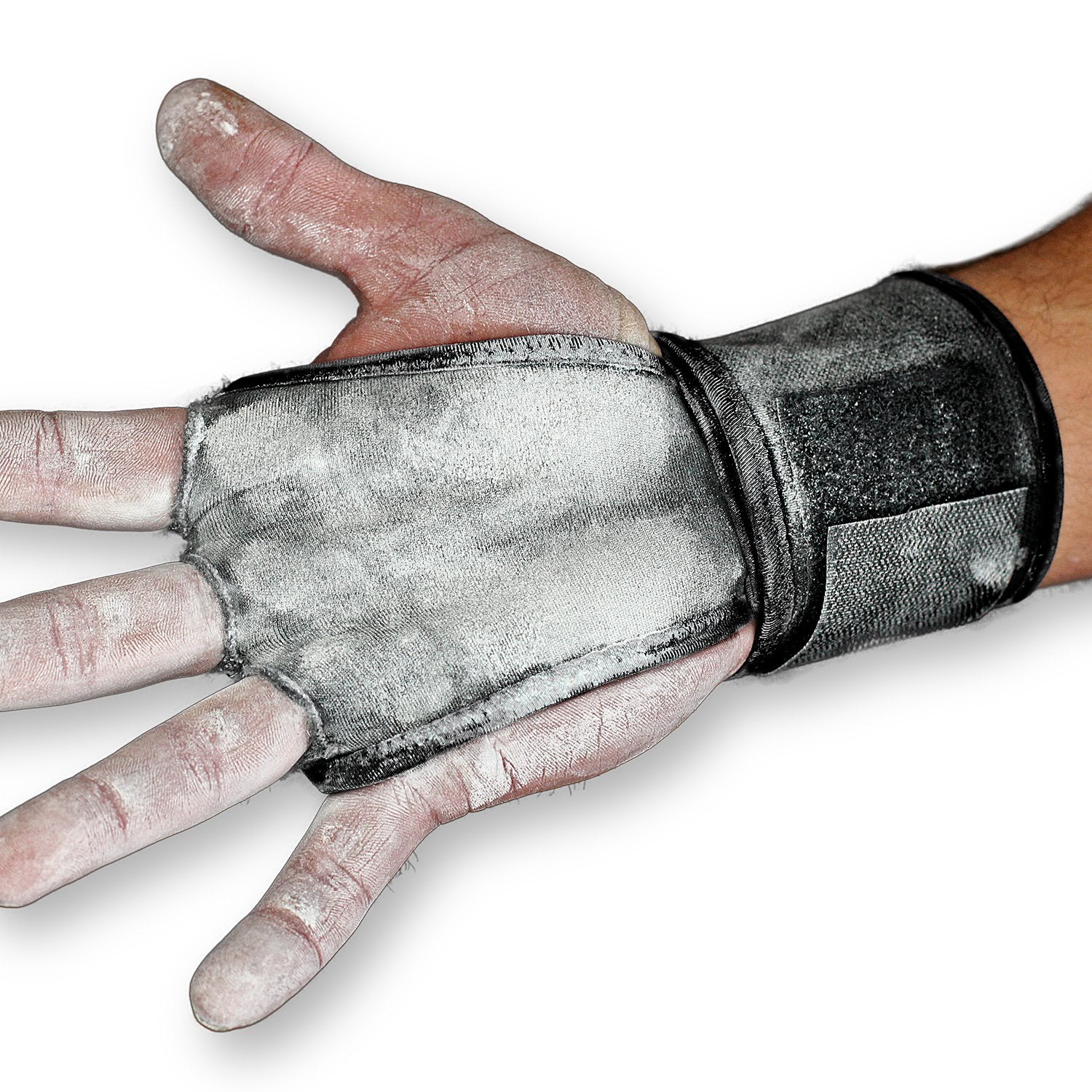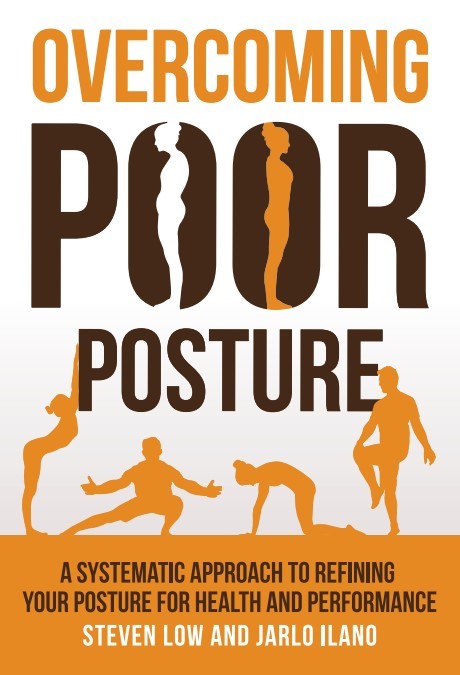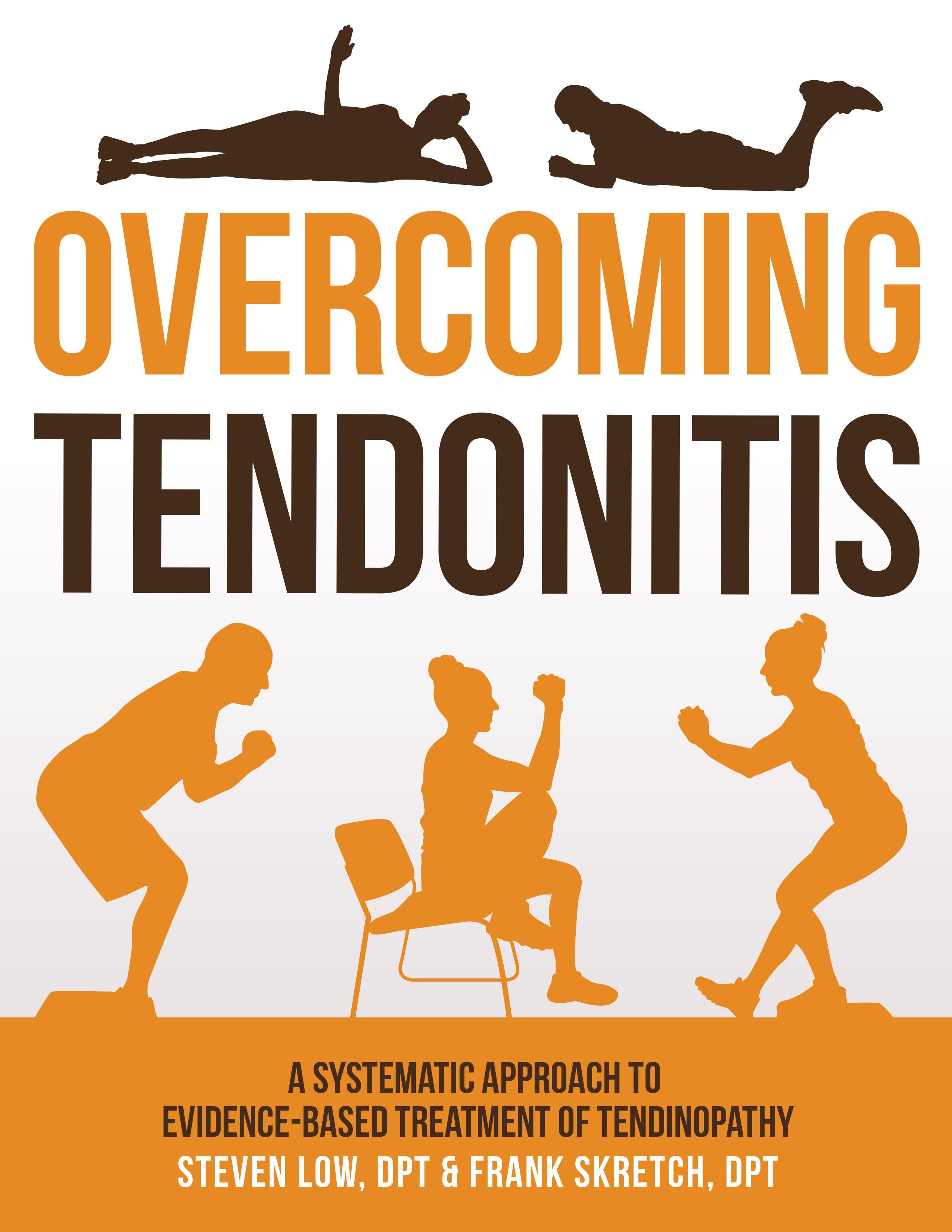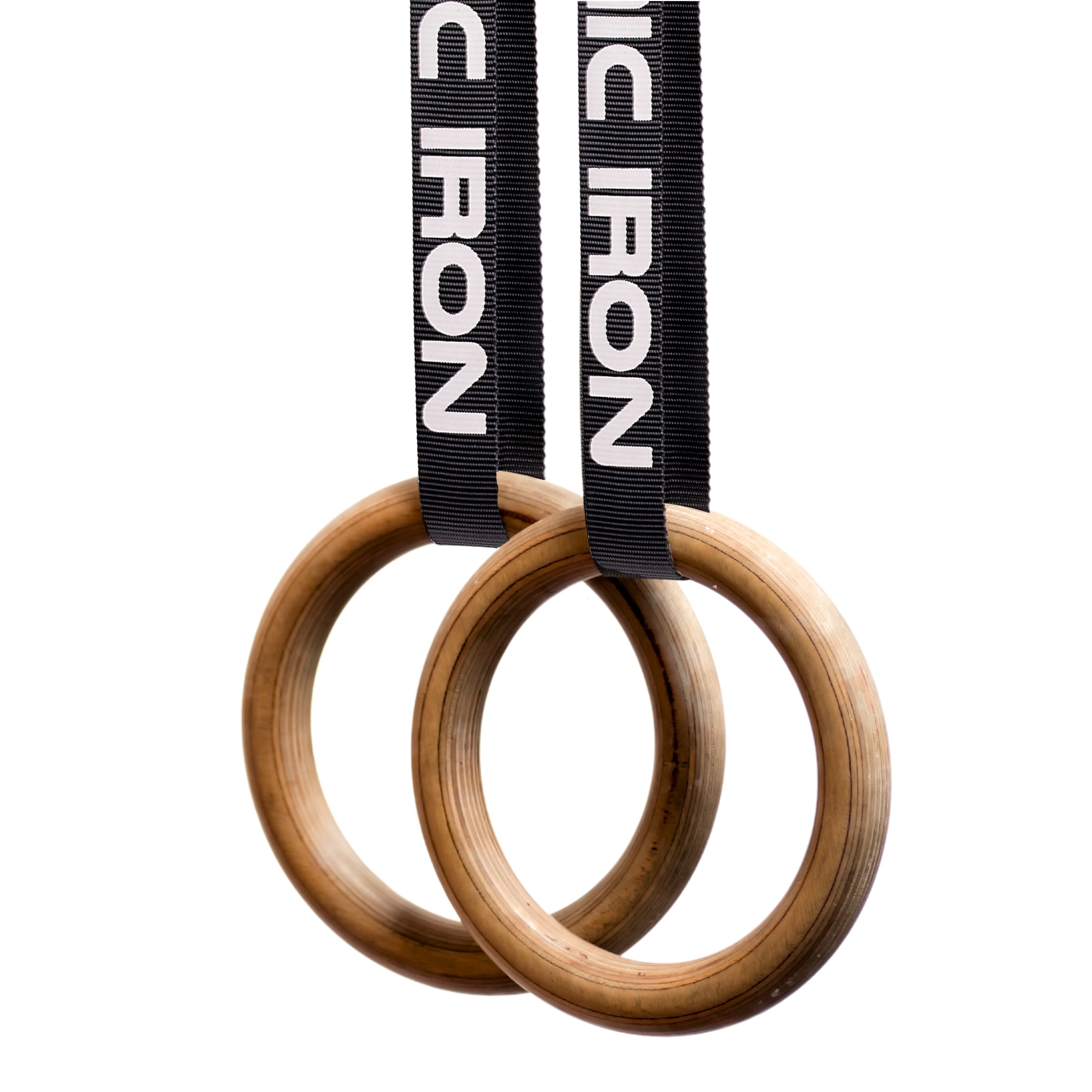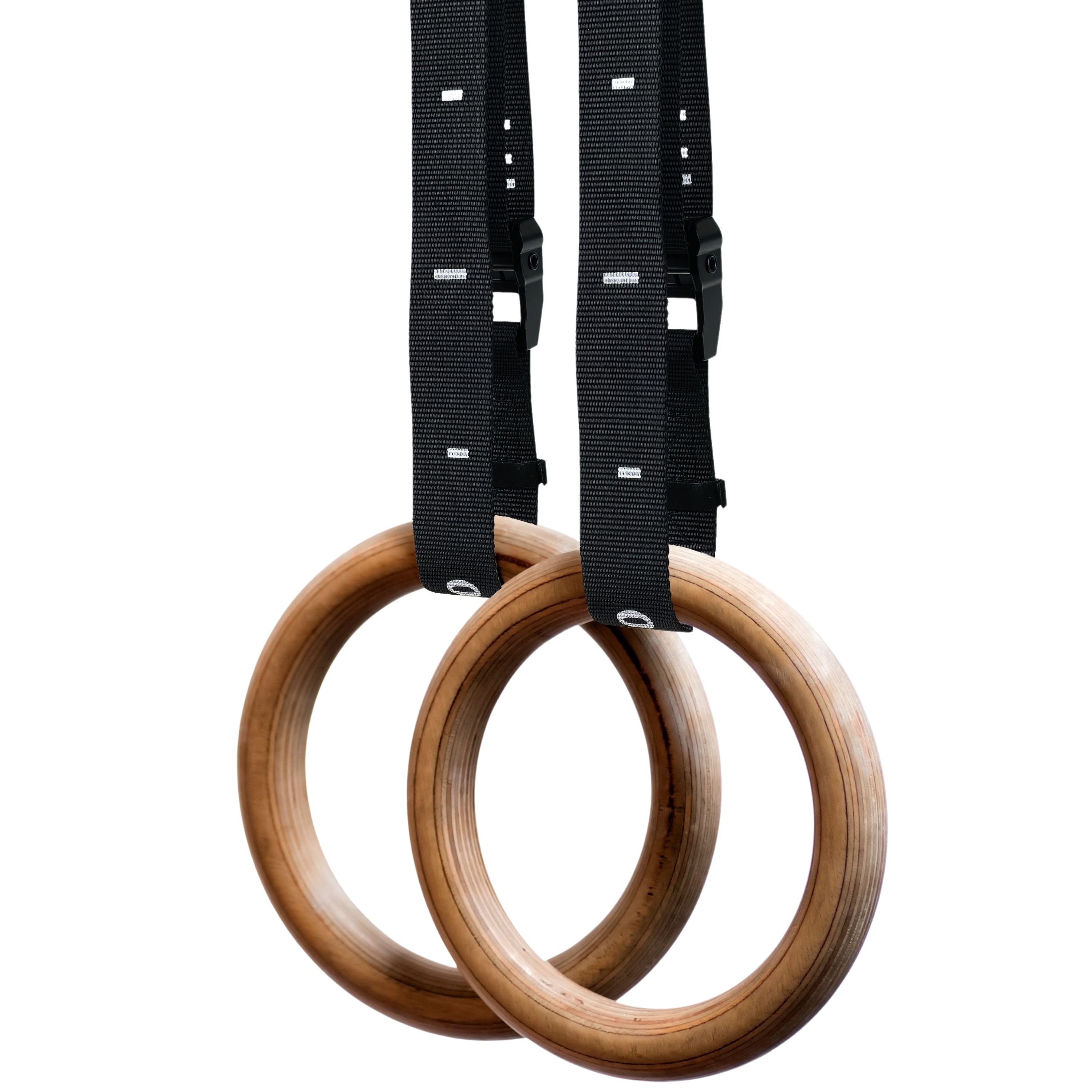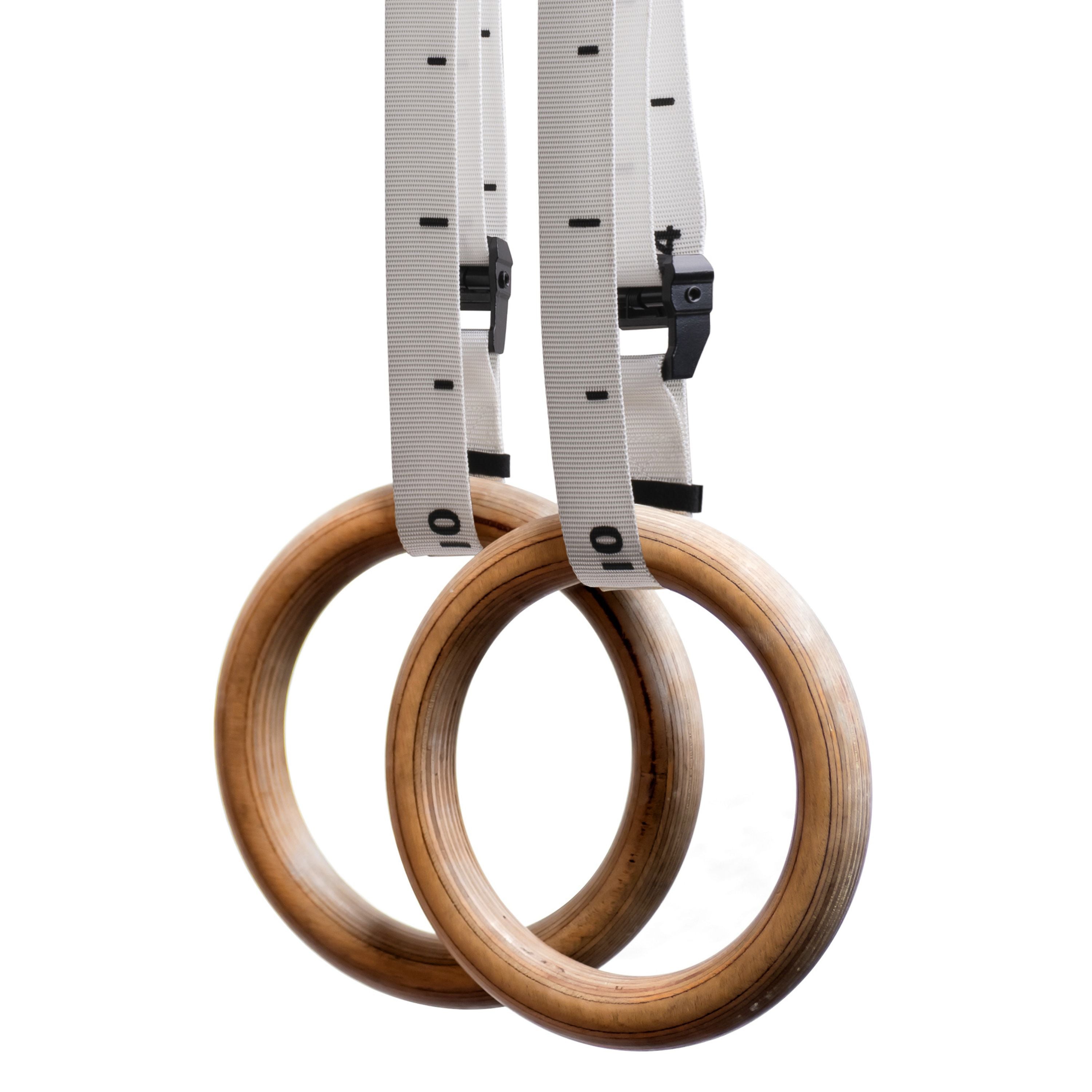The Surprising Science On How Music Can Improve Your Gym Rings Workout

This may come as a surprise to many, but one of the biggest gymnastic rings performance improvers can be found all around you. Music.
Costas Karageorghis of Brunel University in London, one of the world's leading experts on the psychology of exercise music, wrote that one could think of music as "a type of legal performance-enhancing drug."
In fact, research on the connection between exercise and music goes back to 1911 when American investigator Leonard Ayres uncovered that cyclists pedalled faster while a band was playing than when it wasn’t.
But why is strenuous exercise and music such an optimal combination? Keep reading.
Music increases motivation
The right music can elevate your mood and motivate you to keep going through physical discomfort brought on by exercises performed for gymnastic rings.
A study in the Journal of Sports Exercise Psychology found that motivational music helped people who are exercising push through fatigue. In fact, this mood elevation actually encourages people to ride out feelings of exhaustion, rather than stopping.
If you ever find exercise tiresome, tedious or laborious, give music a try. It can relieve these ‘negative’ feelings, and is often welcomed by the mind and body.
Music helps your work harder
Not only can music keep your working out longer, but it can actually help you work out harder. In an American Council on Exercise article it found that music can increase muscle endurance during a workout, and reduce effort perfection by up to 15%.
This is largely due to two important qualities of music; tempo, and rhythm, which is why you might feel an extra pep in your step when your favourite song is playing. Music can literally get you in the right frame of mind to work out more effectively. A study in ‘Brain and Cognition’ shows that getting in the ‘groove’ excites the area of the brain that is responsible for movement, literally making you want to move more.
So what kind of music is best? You want a song with a faster tempo rather a slower one. A 2010 study found that cyclists actually pedalled harder while listening to faster music when compared to slower music. It is recommended that music comprising between 120 and 140 beats per minute has the optimal effect on working out. Anything too fast will put you out of your rhythm.
Music distracts you
Research has discovered that music provides a welcome distraction as it makes people less aware of their physical exertion, such as pain and fatigue.
In fact, upbeat tunes give more data for our brains to process, which shifts our focus away from any feelings of exhaustion. In a 2013 study from McGill University, researchers wrote: “While music isn’t a substitute for medication, it may distract you from normal aches or pains during exercise.”
Another recent study also suggests that music has the power to distract from pain endured during exercise. How? Through “competing sensory stimuli”. When listening to enjoyable music, it is competing against negative feelings such as tired and sore muscles, and the music often wins! Simply put, it’s easier to forget about pain or fatigue when a song you like is distracting you.
Music lifts your mood
Listening to music you enjoy has the power to open up your mental floodgates and elicit strong emotions, and potentially increasing muscle endurance. While working out with your gym rings, music can boost your happiness as it naturally gives you a hit of dopamine, which drives your brain’s reward system and results in a feeling of well-being.
Plus, couple that with the organic boost of serotonin levels through exercising, which is a mood-boosting hormone, it results in a more positive mind-set to continue to work out at the regularity required for results.
A 2012 study proved that listening to ‘pleasing music’ generated higher levels of serotonin for people working out, impacting not only their happiness level, but their entire body including sleeping, eating, and digestion.
So should you listen to music?
Whilst listening to music is not for everyone, it is scientifically proven to delay fatigue and increase output for physical exercises such as gymnastic rings workouts.
So if you’re looking for an increase in your levels of muscular endurance, power and strength, turning up the volume on your favourite song may be what you’ve been needing to hear.
See related:
Are Crossfit Rings The Missing Piece In Your Daily Workout
A 3 Minute History Of Gymnastic Rings
Three Amazing Moments In Olympic Rings History
Three Celebrities You Didn't Know Use Gym Rings








